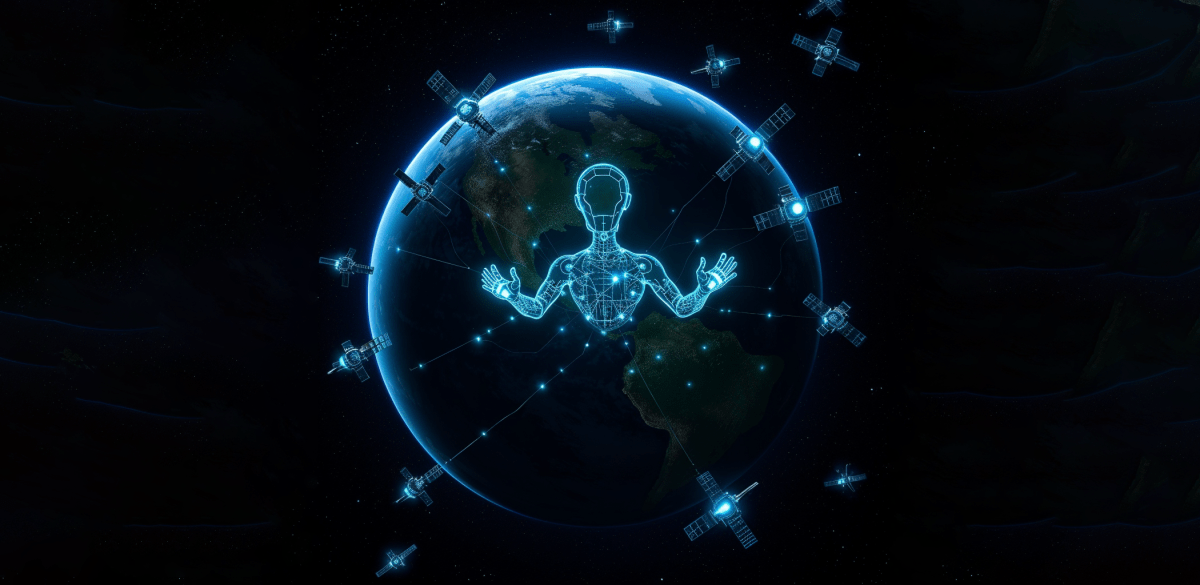As space traffic increases and our reliance on satellites grows, the question of how to manage and predict anomalies in orbital astrodynamics becomes ever more critical. The idea that artificial intelligence (AI) might provide a solution is enticing. However, the reality is that AI alone may not be sufficient to tackle the complexities and uncertainties inherent in space environments.
Thirty years ago, computational and communication limitations made it nearly impossible to manage and process the kinds of datasets we handle today. The explosion of data availability, combined with advanced search algorithms and AI techniques, has revolutionized our ability to draw conclusions from vast, interconnected datasets. However, the challenge in domains like orbital astrodynamics isn’t just the amount of data, but the quality and relevance of that data, especially when it comes to rare events like anomalies or collisions.
AI and probabilistic models excel in domains with abundant data and frequent patterns. In contrast, the rarity of anomalies in satellite data, combined with the dynamic and perturbative nature of orbital mechanics, makes it difficult to apply traditional AI techniques with confidence. Without a robust, anomaly-rich dataset, AI’s predictions in this context are often more speculative than definitive.
Operator experience is a key component of anomaly detection. Human intuition and expertise are critical when data is sparse and uncertainty is high. AI and human expertise need to complement each other — AI can assist in processing and identifying potential anomalies, but experienced operators are required to interpret these findings in a meaningful way.
Controlling the number of satellites and improving observation frequency to maintain orbit estimation precision might be the most reasonable approach to space traffic management. As the number of satellites continues to increase, the need for more precise and frequent tracking becomes critical to avoid collisions and maintain the long-term sustainability of space operations.
We might not be able to discern uncooperative, dangerous orbit anomalies with AI. More data or better algorithms might not help much because anomalies are, simply put, anomalous and rare events, and there might never be a sufficient set of such one-off events on which to train an algorithm. We should combine AI with human expertise to address the unique challenges posed by the dynamic and often unpredictable nature of space environments.
AI holds tremendous potential in many areas, but when it comes to detecting anomalies in orbital astrodynamics, its limitations become clear. The scarcity of reliable data and the inherent uncertainties of orbital mechanics mean that AI cannot yet replace human judgment in this domain. As we move forward, the integration of AI and human expertise will be key to managing the increasingly complex environment of space.
David Finkleman was Chief Technical Officer of USSPACECOM and NORAD for nearly 20 years, and was Senior Scientist for the AGI Center for Space Standards and Innovation for a decade. He is an Academician of the International Academy of Astronautics, a Lifetime Fellow of AIAA and elected to Fellowship in numerous professional societies. He is retired from the USAF and the Federal Senior Executive Service. He has been Director of Technology and Systems for Army Ballistic Missile Defense, Deputy Program Manager of Navy Directed Energy Weapons and Chairman of ISO Space Operations Standards. He earned his PhD from MIT and has more than 60 years of aerospace experience.
